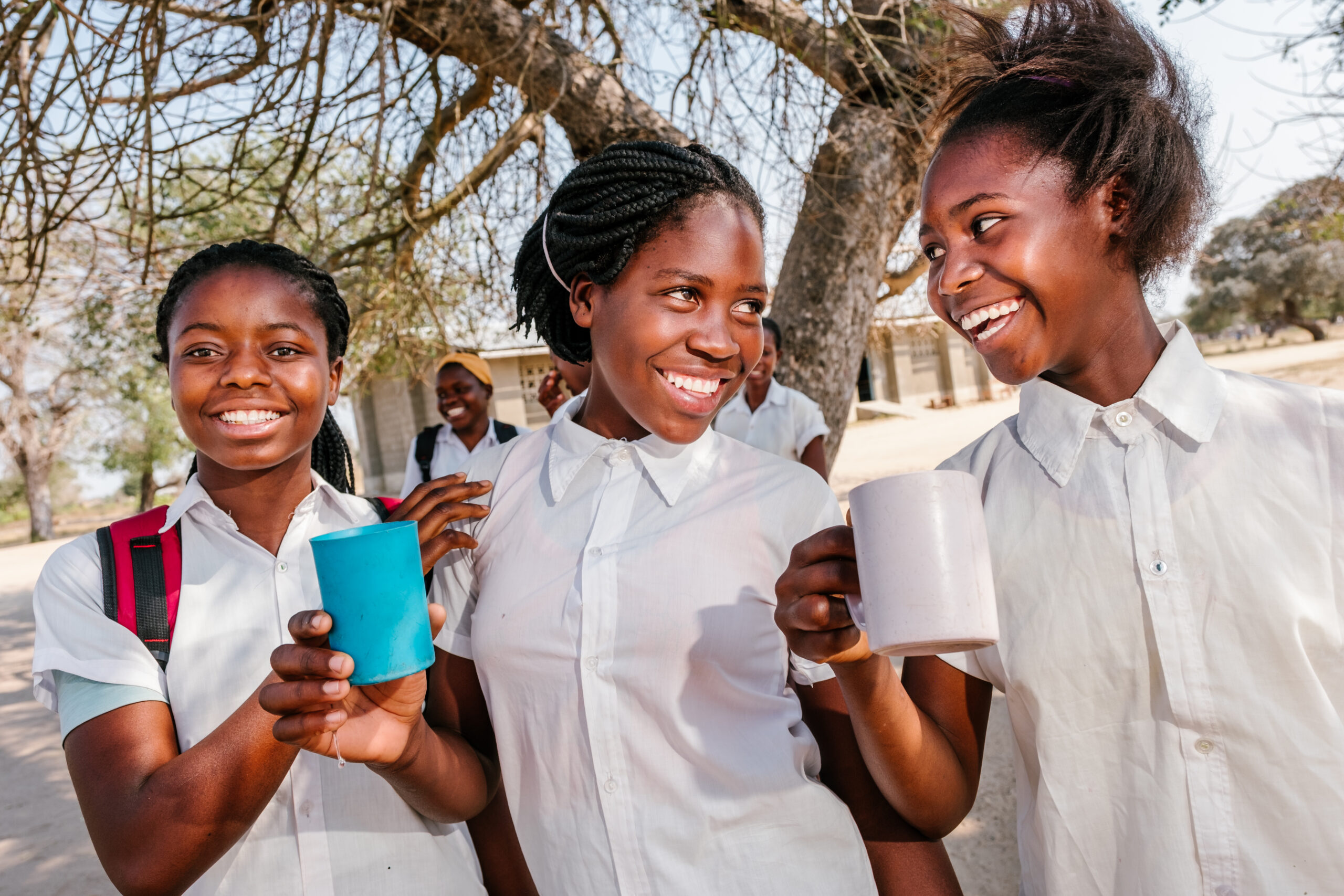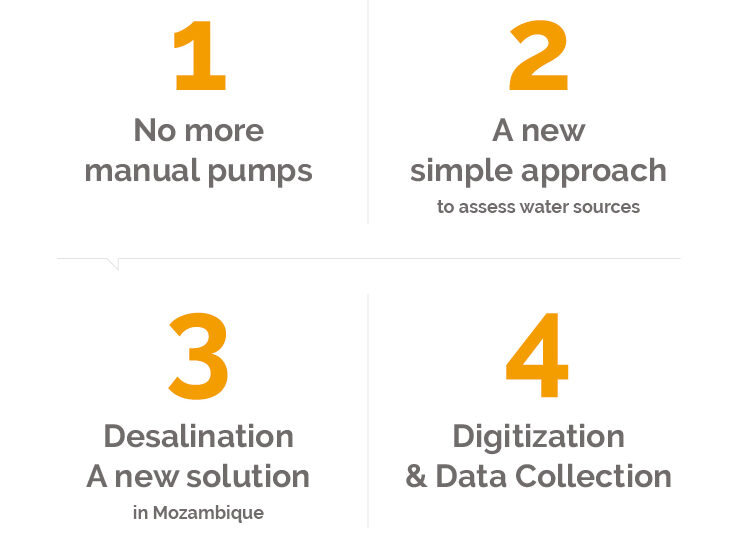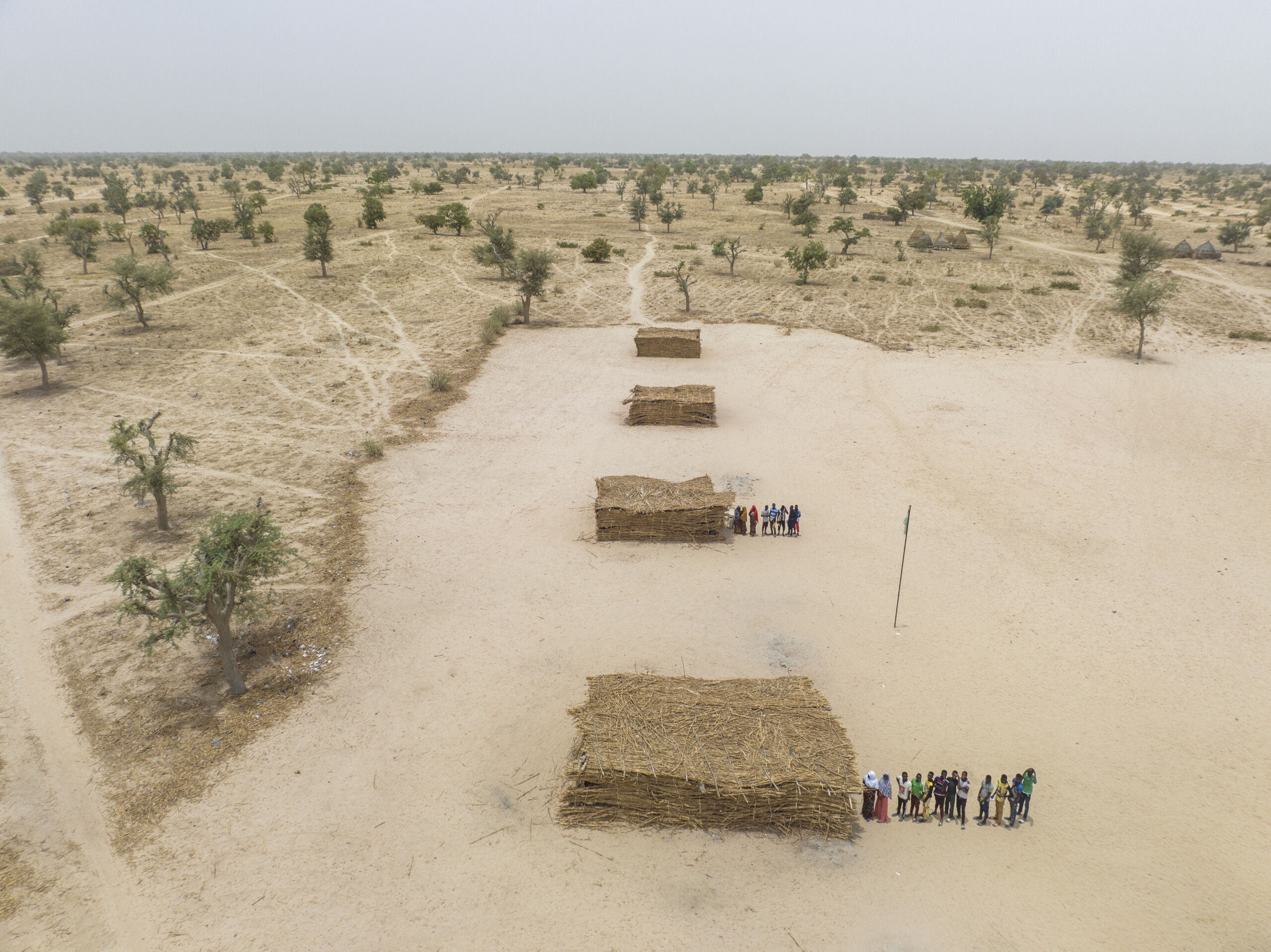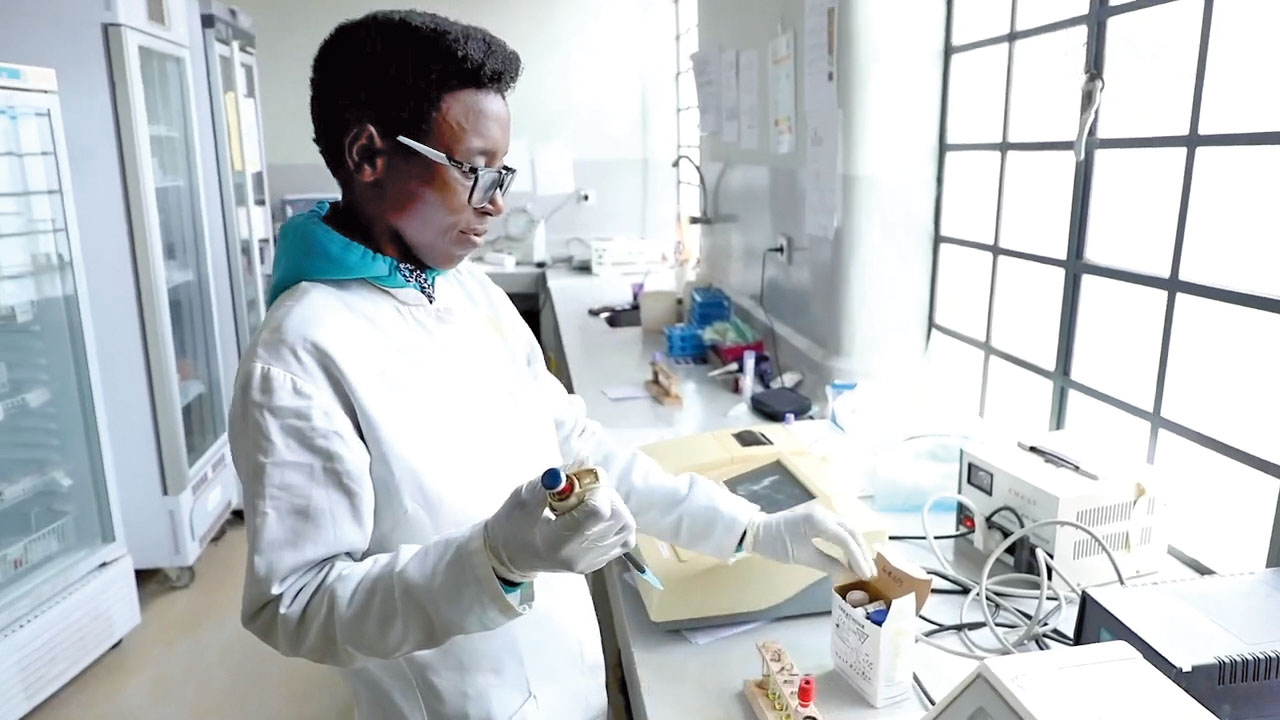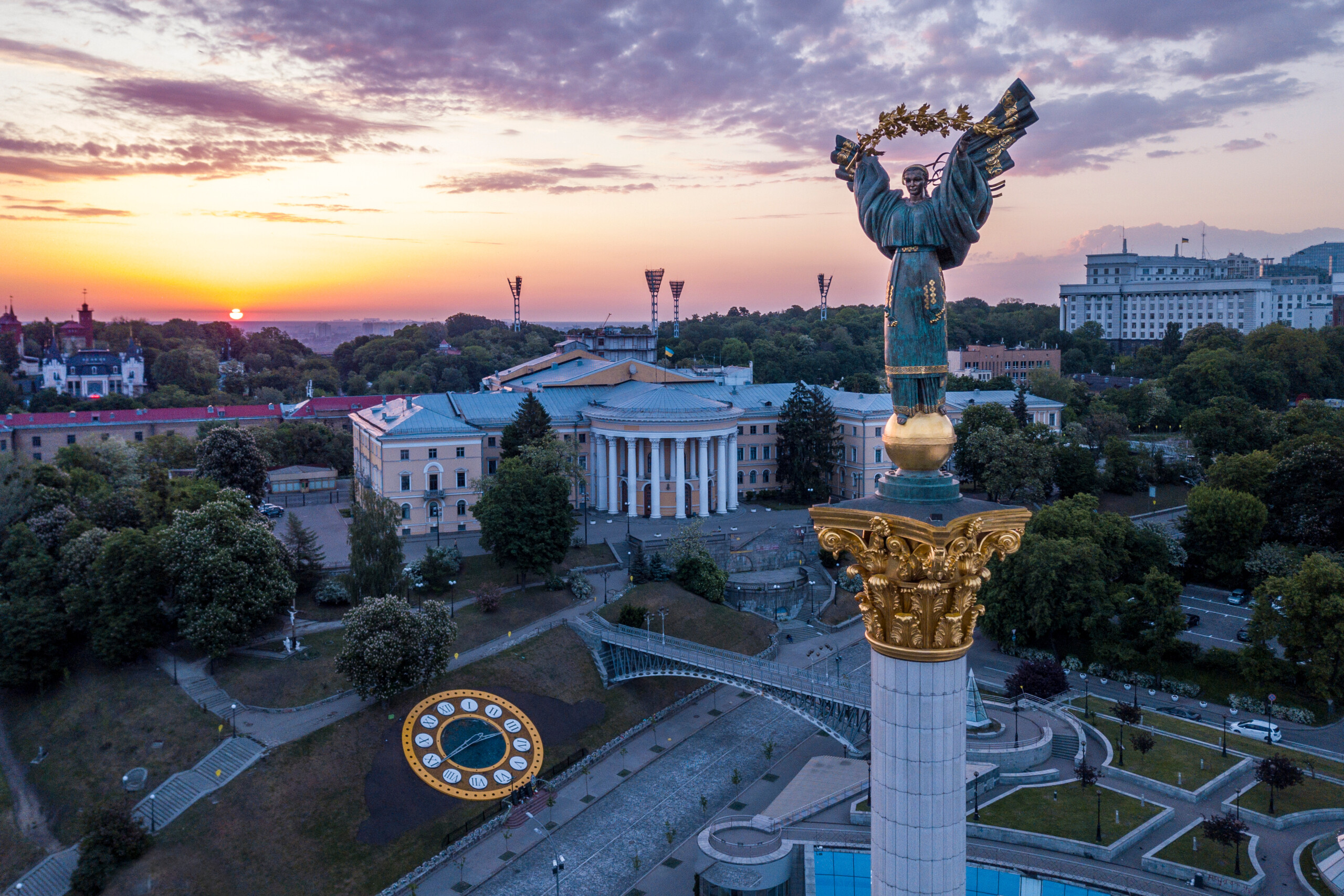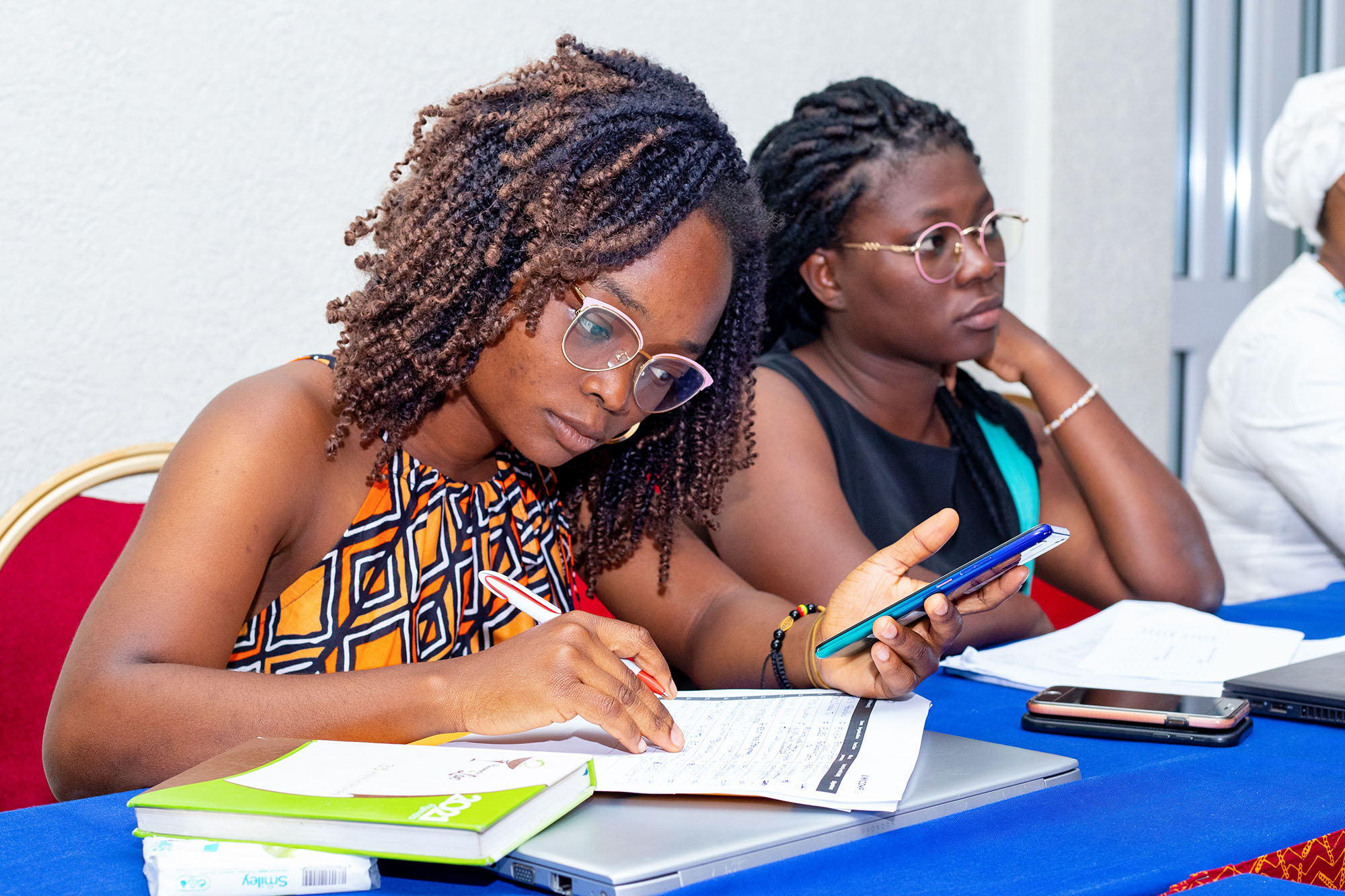News
04 April 2018
Water development in rural areas in Mozambique
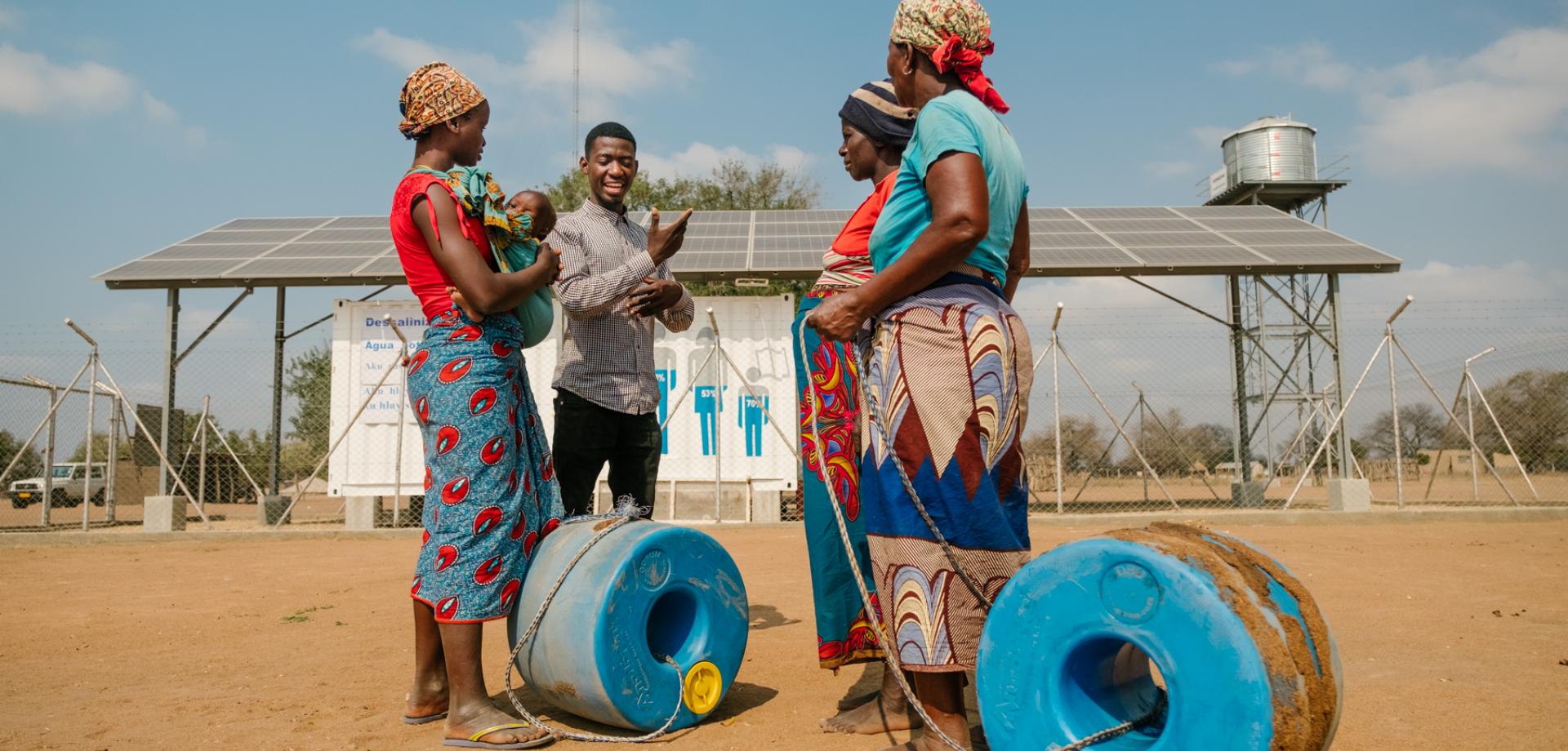
Access to drinking water in Mozambique
Since October 2013, Enabel’s Water Supply Gaza project has successfully improved access to drinking water in rural areas in the northern part of the Gaza Province, Mozambique. This relatively dry region is characterized by remote and widely dispersed communities, that rely on few and often salty water sources. Despite these challenges, the project has installed and updated many water and sanitation facilities in the region, greatly improving the lives of the rural population in the province.
In order to provide the population of rural Mozambique with drinking water, Enabel’s Water Gaza project often relies on renewable energy solutions. Not only are the targeted communities disconnected from a reliable and clean water source, often they are also not connected to the national electricity grid. In the few locations where they do have access to the electricity grid, it is often unreliable, with frequent power cuts that can take days to repair.
When access to the only water source in the area depends on this grid, power cuts can have devastating consequences. In order to overcome these issues Enabel’s Gaza project has been focusing on independent and environment-friendly energy since the start: almost all of the installed water pumps are at least partially equipped with solar panels to provide cheap and renewable energy to run the systems.
New approaches, new technologies
No more manual pumps
It is important to move away from manual pumps, since these can only be installed directly above drinking water sources. In the Gaza province, fresh water sources are often located outside of communities and not easily accessible to people living in the area. The project has successfully installed multiple electric solar pumps at boreholes containing drinking water, which then pump water into reservoirs of nearby communities from a distane. Pumping the drinking water directly into the communities greatly improves easy access to water.
Investing in new water detection techniques to assess the quality and saltiness of the water in boreholes makes a big difference. In the Gaza region, many pockets of groundwater consist of different layers of water – some drinkable, and some not drinkable. After digging a borehole the simple technology detects which layers of water could be tapped into in order to provide the population with fresh, drinking water, and which water layers should be avoided. This technique ensures the most efficient exploitation of fresh water from a borehole, even if it contains both salty and drinkable water.
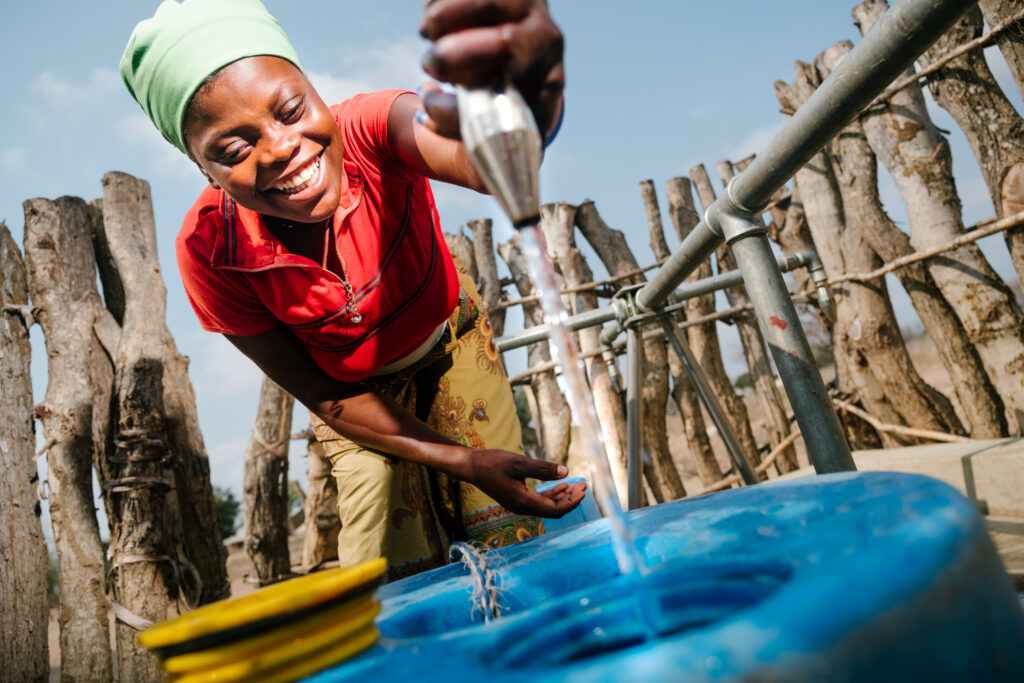
Desalination – a new solution in Mozambique
In case no fresh water can be found within the groundwater in a particular area, investments in desalination installations are to be made, especially when taking into consideration that Mozambique has 2500+ kilometres of coastline. The Belgian Development Agency is currently implementing its first desalination project in the Gaza Province.
In cooperation with the Brussels’ Region Brussels Environment Fund, the project will install desalination units in 6 different communities where the water source is too saline to safely drink. Here as well, a strong focus is put on green, renewable energy solutions: both the pumps and the desalination unit are equipped with solar panels and the energy is stored via a cutting-edge technology relying on pressurized tanks instead of batteries.
Not only does this approach deal with mitigating the effects of climate change in the region (namely, increasing droughts and scarce water sources), at the same time it minimizes the project’s impact on the environment by focusing on green energy to generate and store electricity – a win-win situation.
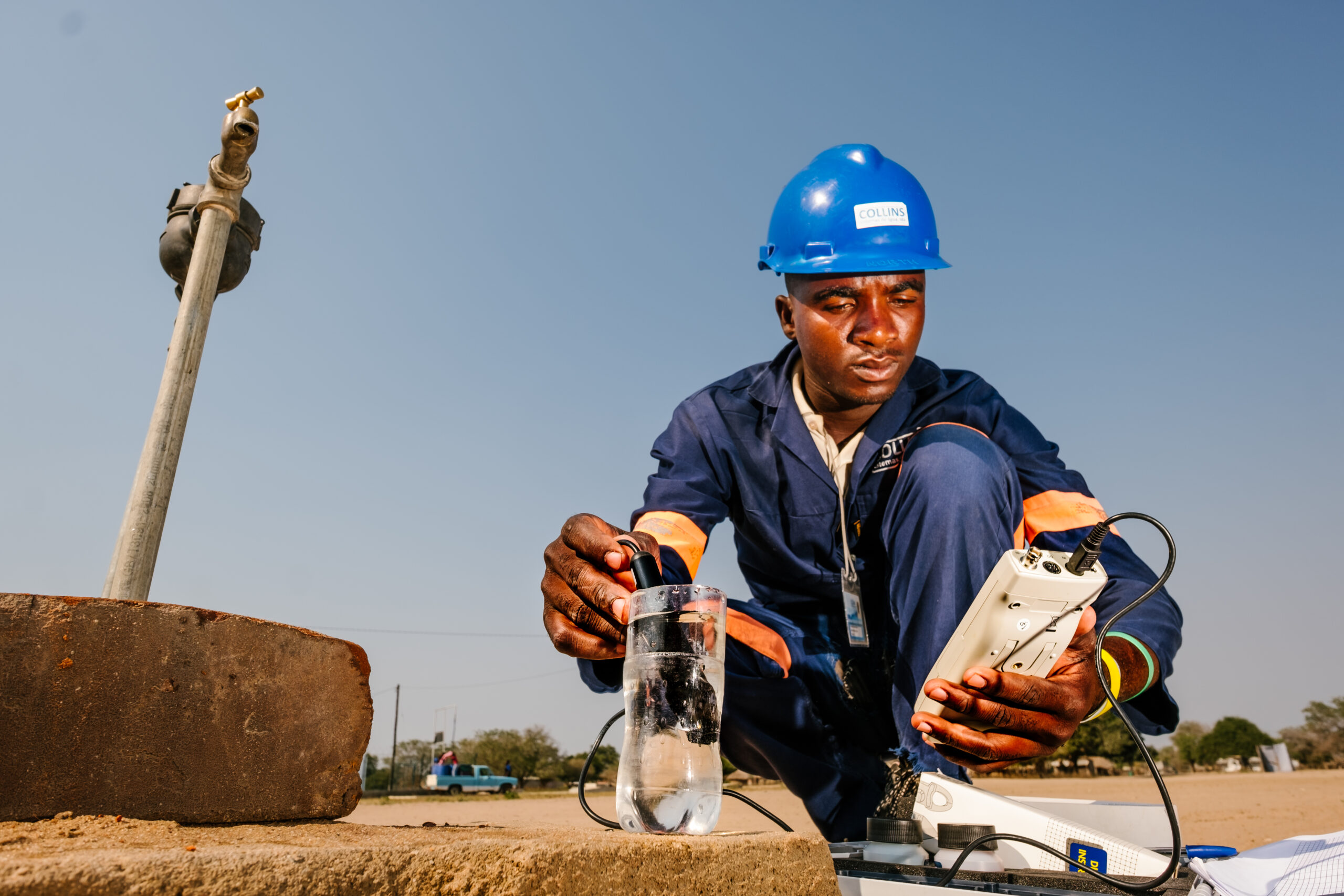
Digitalisation and data collection
Since 2015, Enabel equips local technicians with the Akvo Flow app which is installed on smartphones and tablets. The local technicians in the field are trained on how to use the software, and then collect accurate data on the water installations in their area using the app. For this purpose the software was adapted to effectively monitor water installations: It created a specific and straightforward questionnaire for local technicians to complete by the click of a few buttons each time they visit a water installation in their area.
Information to be provided focuses on the installations’ working status, its water quality, photos of the installation, and additional comments if necessary. In addition, the software automatically uploads the GPS coordinates of the location where the questionnaire was completed, making it clear which installation was monitored, where and when. This way, there is very little room for error, making the gathered data very reliable.
The software then uploads all this information to the Akvo Flow server, where the users (technicians in the field) can see the real-time updates. In the meantime, the system administrators can easily control, manage and follow up the data collection.
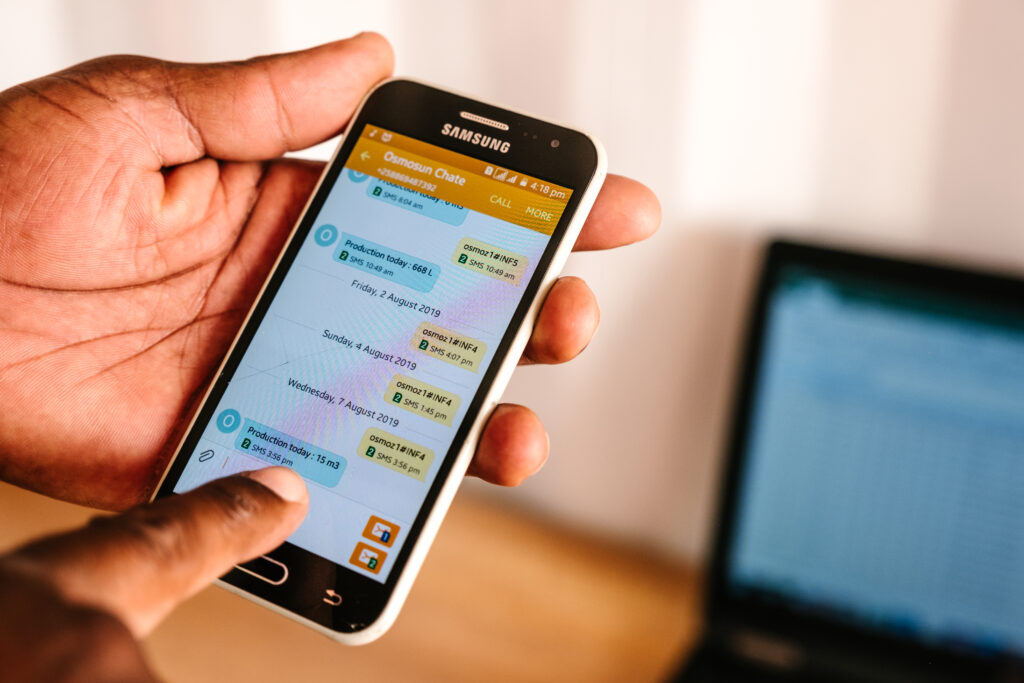
‘In North of Gaza region 23% of people living in rural communities will be impacted. 55,000 residents and their livestock will have access to water.’
Way Forward
Through its efforts, the Water Gaza Project has changed the lives of over 55.000 local residents and their livestock.
Thanks to its innovative approach, training of locals on the use of new technologies, awareness raising efforts and continuous direct cooperation with the local partner (National Water Directorate – DNAA), the project strengthened the capacity of local actors in the sector.
Gaza is now recognised as the first province in the whole of Mozambique with a complete and reliable database on water infrastructures. Recently, different stakeholders have reached out to Enabel with the idea to apply the same methodology in the other Provinces.
(c) pictures: Enabel/Isabel Corthier
